One fateful night in a small English regional theatre during World War II a troupe of touring actors stage a production of Shakespeares King Lear. Bombs are falling, sirens are […]
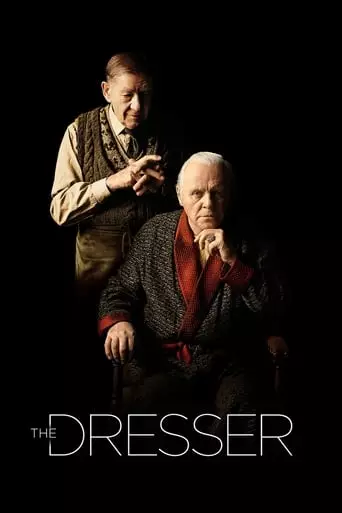
One fateful night in a small English regional theatre during World War II a troupe of touring actors stage a production of Shakespeares King Lear. Bombs are falling, sirens are […]
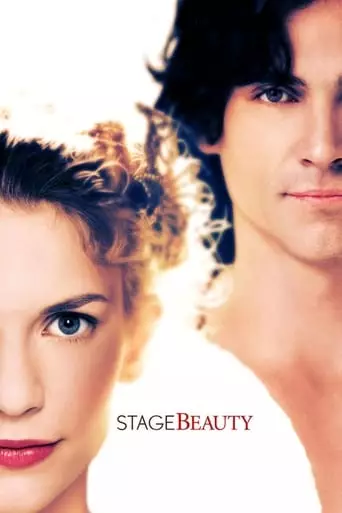
Humble Maria, who outfits top London theater star Ned Kynaston, takes none of the credit for the male actor’s success at playing women. And because this is the 17th century, […]
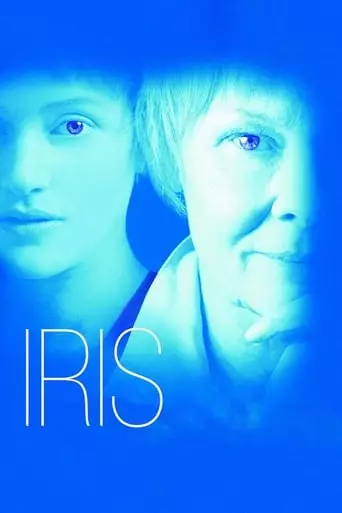
True story of the lifelong romance between novelist Iris Murdoch and her husband John Bayley, from their student days through her battle with Alzheimer’s disease. Iris is a 2001 biographical […]
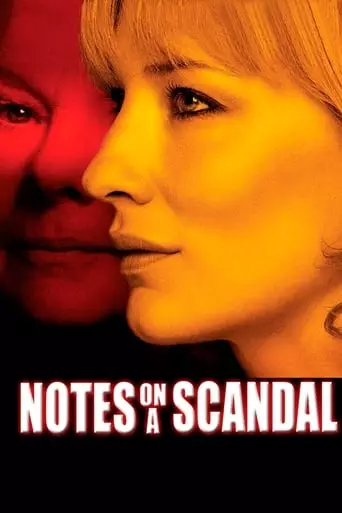
A veteran high school teacher befriends a younger art teacher, who is having an affair with one of her 15-year-old students. However, her intentions with this new friend also go […]
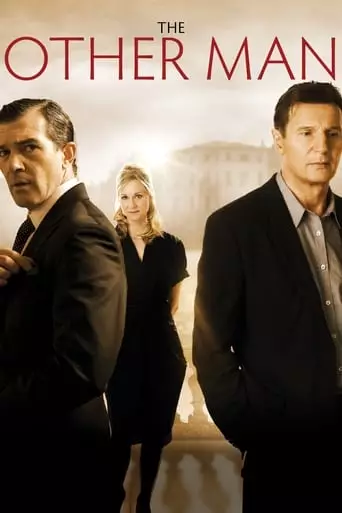
The story of a husband who suspects his wife of adultery, and sets out to track down the other man in her life. The Other Man, directed by Richard Eyre, […]
Richard Eyre: A Master of Stage and Screen
Richard Eyre is a distinguished British director whose career spans theater, film, and television. Known for his nuanced storytelling and ability to bring complex characters to life, Eyre has earned acclaim for his work across multiple mediums. From his transformative tenure at the National Theatre to his celebrated films like Iris and Notes on a Scandal, Eyre has cemented his place as one of the most versatile and respected directors of his generation.
Early Life and Career Beginnings
Richard Eyre was born on March 28, 1943, in Barnstaple, Devon, England. He studied at Cambridge University, where he developed an early passion for theater. After graduating, Eyre began his career in the arts as a producer and director for regional theaters, quickly gaining a reputation for his innovative productions.
In the early 1970s, Eyre transitioned to television, directing a series of acclaimed dramas for the BBC. His ability to navigate both intimate character studies and larger narratives made him a sought-after director in British television.
National Theatre Leadership (1987–1997)
Eyre’s most significant contribution to British theater came during his tenure as Artistic Director of the National Theatre in London, a position he held from 1987 to 1997. Under his leadership, the National Theatre flourished, presenting a diverse range of productions that included both classic works and contemporary plays.
Eyre championed new writing and emerging talent, while also delivering acclaimed productions of works by Shakespeare, Chekhov, and Ibsen. Notable highlights of his tenure include Guys and Dolls, The Invention of Love, and King Lear. His innovative approach to staging and commitment to accessibility helped solidify the National Theatre’s reputation as one of the world’s leading cultural institutions.
Transition to Film: Iris (2001)
Eyre made his mark in cinema with Iris (2001), a biographical drama about the life of novelist Iris Murdoch. Starring Judi Dench, Kate Winslet, and Jim Broadbent, the film explores Murdoch’s battle with Alzheimer’s disease and her enduring love story with her husband, John Bayley.
Iris was a critical success, earning three Academy Award nominations, including wins for Jim Broadbent (Best Supporting Actor) and nominations for Dench and Winslet. Eyre’s sensitive direction and ability to balance emotional intimacy with broader narrative themes established him as a gifted filmmaker.
Notable Films
Eyre’s subsequent films have showcased his versatility and skill in adapting complex stories for the screen:
Stage Beauty (2004)
Set in 17th-century England, Stage Beauty explores the transition of women into acting roles previously played by men. Starring Billy Crudup and Claire Danes, the film received praise for its exploration of gender and identity.
Notes on a Scandal (2006)
One of Eyre’s most acclaimed films, Notes on a Scandal, is a psychological drama based on Zoë Heller’s novel. The film stars Judi Dench as a manipulative schoolteacher and Cate Blanchett as her younger colleague caught in a scandalous affair. The taut direction and powerhouse performances earned the film four Academy Award nominations.
The Children Act (2017)
Adapted from Ian McEwan’s novel, The Children Act stars Emma Thompson as a judge grappling with a morally complex case involving a young boy’s refusal of life-saving medical treatment. Eyre’s direction was praised for its subtlety and emotional depth.
Television and Theater Highlights
Eyre has continued to work in television, directing acclaimed projects like The Dresser (2015), starring Anthony Hopkins and Ian McKellen, and King Lear (2018), a modern retelling of Shakespeare’s tragedy with Hopkins in the title role.
In theater, Eyre remains a prolific and influential figure, directing productions in London’s West End and on Broadway. His work often revisits classic texts, infusing them with fresh perspectives and contemporary relevance.
Filmmaking Style and Themes
Eyre’s work is characterized by:
Emotional Intimacy: Whether on stage or screen, Eyre excels at exploring the inner lives of his characters, often focusing on themes of love, loss, and morality.
Literary Adaptations: Many of Eyre’s films are based on novels or plays, reflecting his deep respect for literature and storytelling.
Collaboration with Actors: Eyre’s ability to elicit nuanced performances has made him a favorite among actors, including Judi Dench, Emma Thompson, and Ian McKellen.
Visual Elegance: His films are known for their understated yet visually compelling aesthetics, enhancing the emotional impact of the narratives.
Awards and Recognition
Throughout his career, Eyre has received numerous accolades, including BAFTA Awards, Olivier Awards, and an Academy Award nomination. In 1997, he was knighted for his contributions to the arts, further solidifying his legacy as a cultural icon.
Legacy and Influence
Richard Eyre’s career is a testament to his versatility and dedication to storytelling. Whether directing a Shakespearean tragedy on stage or crafting an intimate character study for the screen, Eyre brings a unique blend of intelligence, sensitivity, and artistry to his work. His contributions to theater, film, and television have left an indelible mark on the arts, inspiring audiences and creators alike.
Conclusion
From his groundbreaking leadership at the National Theatre to his acclaimed films and television dramas, Richard Eyre’s career reflects a lifelong commitment to the power of storytelling. With a remarkable ability to navigate the complexities of human emotion and morality, Eyre continues to captivate audiences, earning his place as one of the most respected directors of his time.